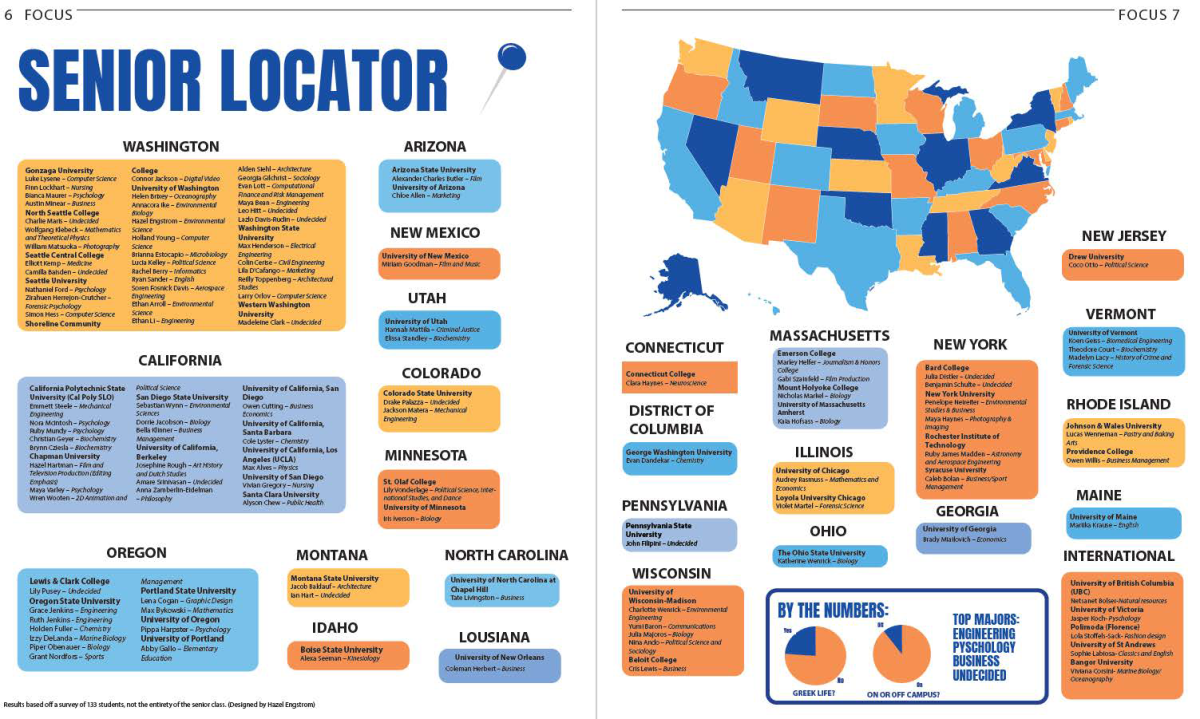Seattle Public Schools sues social media companies
A lawsuit filed mid January aims to protect student’s mental health through the safeguarding of these platforms
Defense Visual Information Distribution Service vie Get Archive licensed under CC by 2.0
Social media has been adapted and harnessed as a tool for connectivity with results both positive and negative.
February 9, 2023
Seattle Public Schools, Washington’s largest school district, is suing all major social media companies in regard to their platform’s effects on adolescent mental health.
According to the website of Keller Rohrback, the firm representing SPS in the lawsuit, the legal action currently taken by the district is in response to the algorithms utilized by these platforms. SPS claims that these algorithms push harmful content to young users, such as video content promoting eating disorders, violence, self-harm and suicide.
Keller Rohrback is also taking this case on a contingency basis, meaning the district is not spending any money to hire them.
SPS announced in an official statement, “The goal is not to eliminate social media, but to change how these companies operate and force them to take responsibility. We are asking these popular companies to maximize their efforts to safeguard students, who are their most vulnerable consumers.”
Shawn Lee, a history teacher at BHS and adviser of Misinformation Club, a University of Washington affiliate meant to educate students on media literacy, explained the greater connotations that this lawsuit has and its place in a broader pattern of legal action against social media corporations.
“It’s something that is happening nationwide,” Lee said. “Schools all over the country are seeing [the connection between mental health and social media], so I think there is a larger movement to make these platforms less harmful. I think what they really want is other districts signing on. Kent is already signed on.”
Social media has been adapted and harnessed as a tool for connectivity with results both positive and negative.
Sabi Yoon, freshman and member of Misinformation Club, weighed the pros and cons.
“Our school ASB uses Instagram to inform students about school events and important information, yet I can also see how it can also be utilized to bring people down,” Yoon said. “… especially young people who can be exposed to very negative things.”
Lee also expanded on this sentiment with an analogy.
“It’s like a car. A car is beneficial when it takes you from point A to point B, but it’s not beneficial when it’s plowing into a crowd of people,” Lee said.
It’s hard to tell where this case will go, especially considering the protections awarded to powerful companies who benefit from the commodification of user attention. Lee explained that personal measures could also be taken to protect our own psyche in a digital age.
“I would really like to see more education around how to use these tools in a way that is positive,” said Lee. “Driving from point A to point B is positive, but driving into a crowd of people certainly is not.”

























